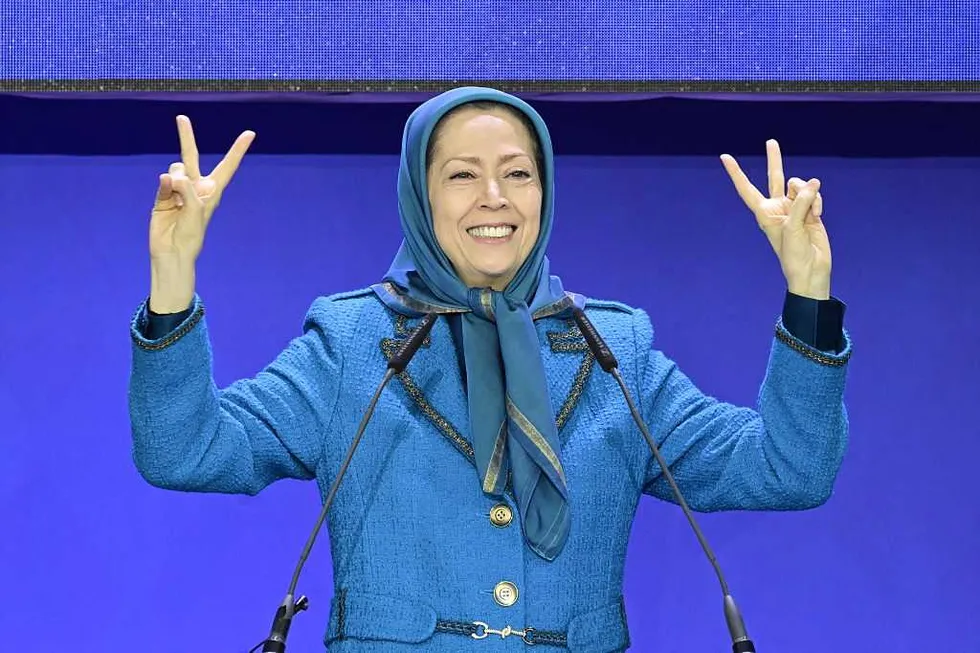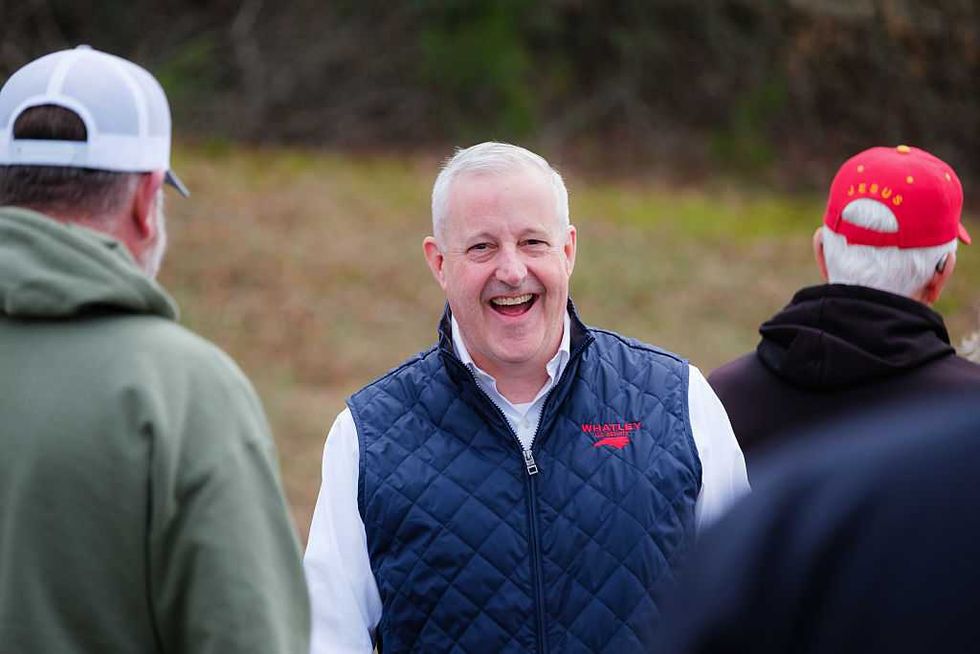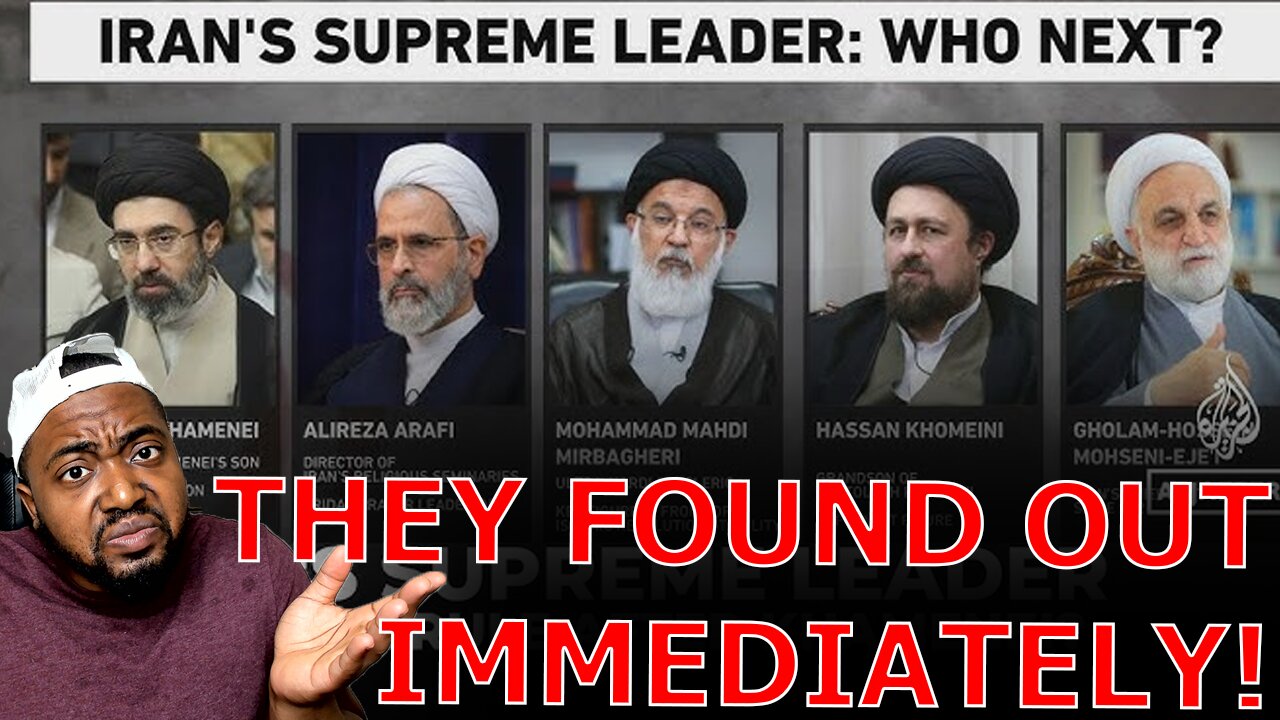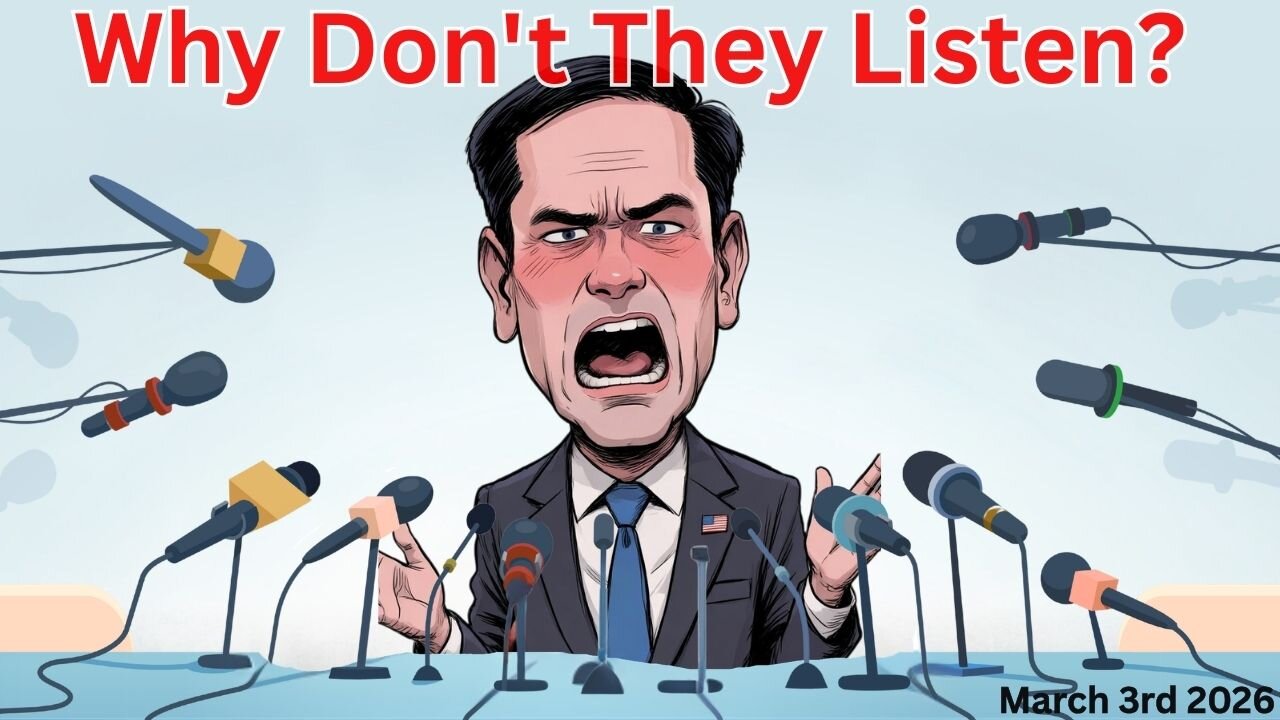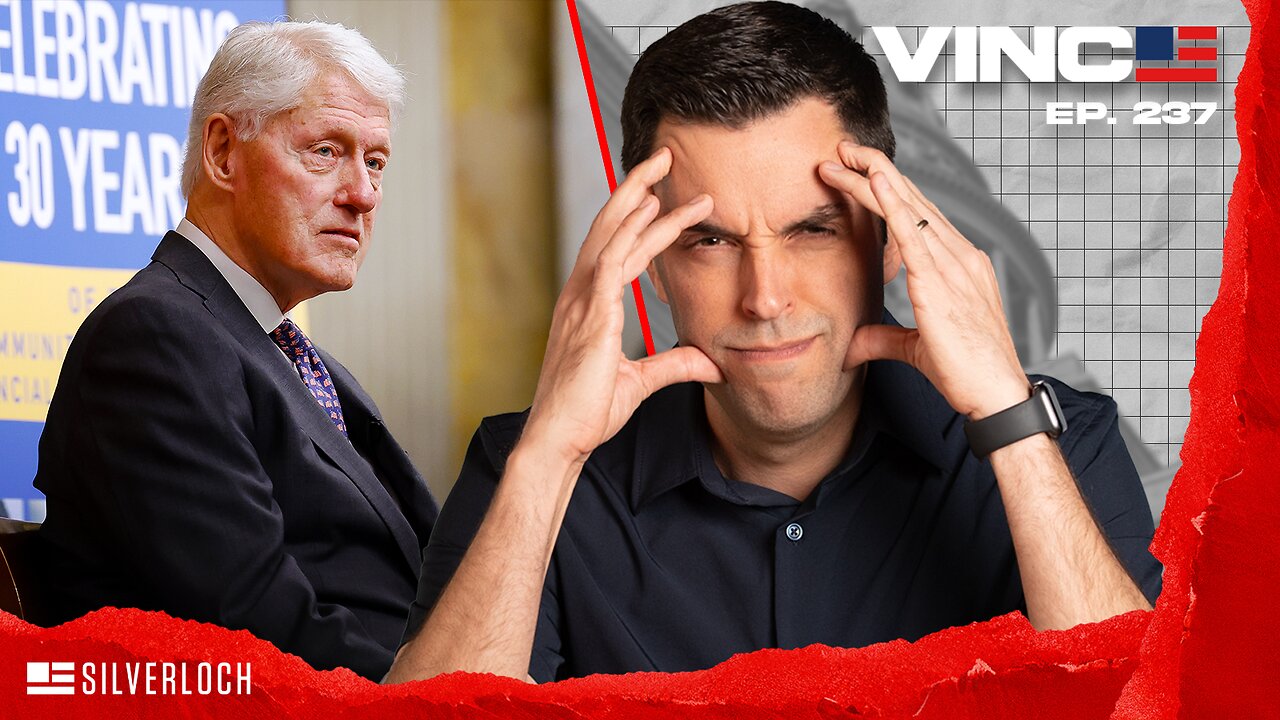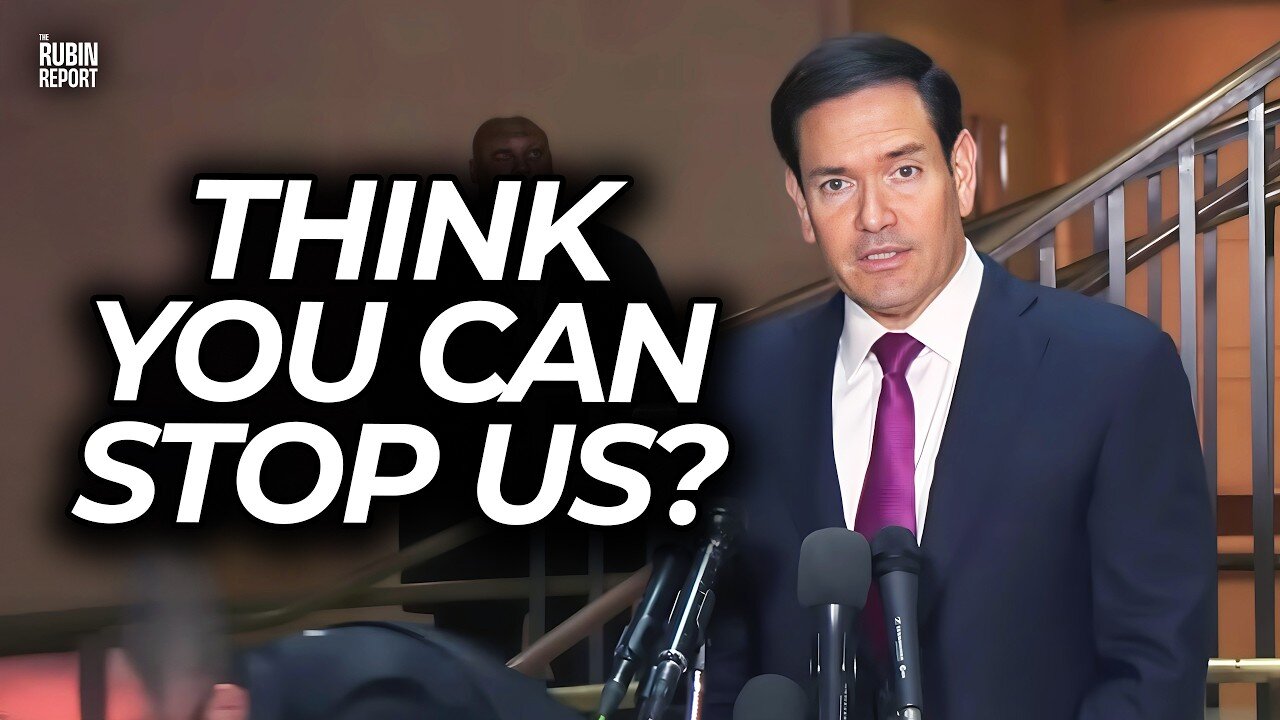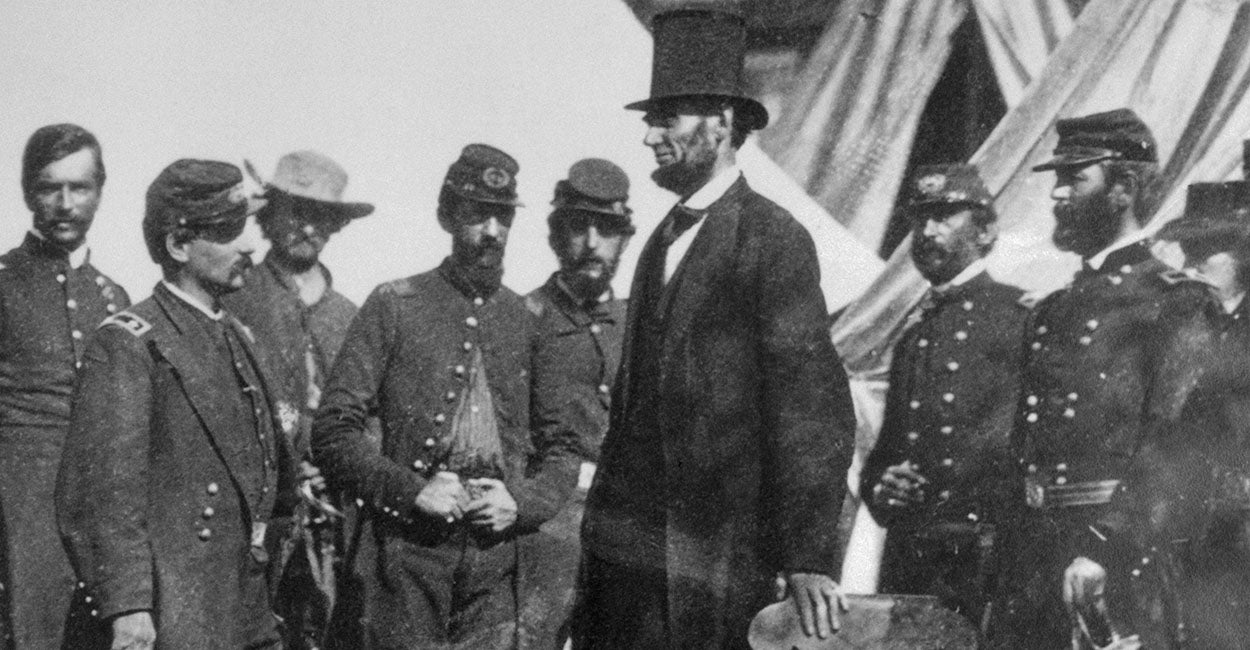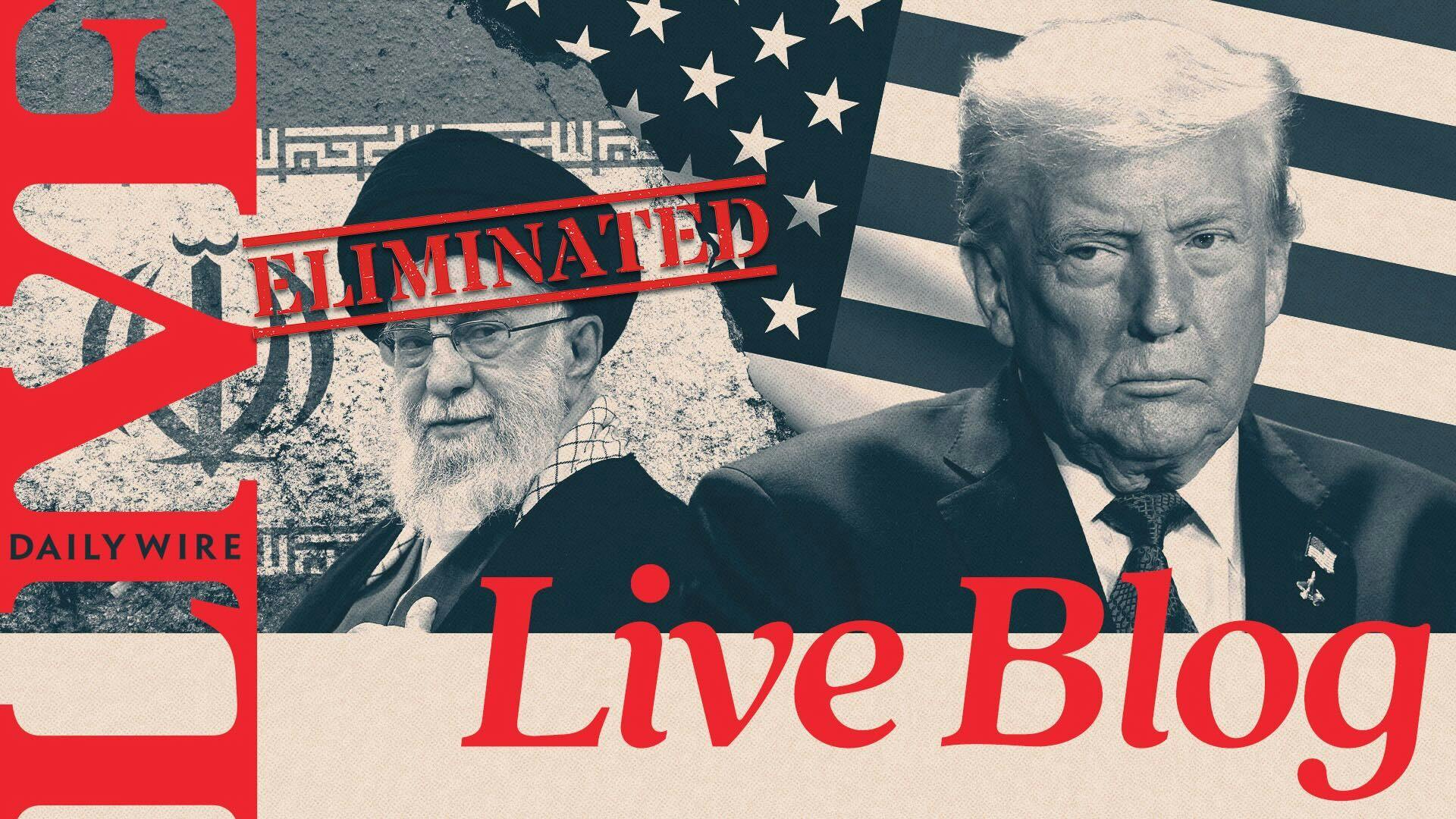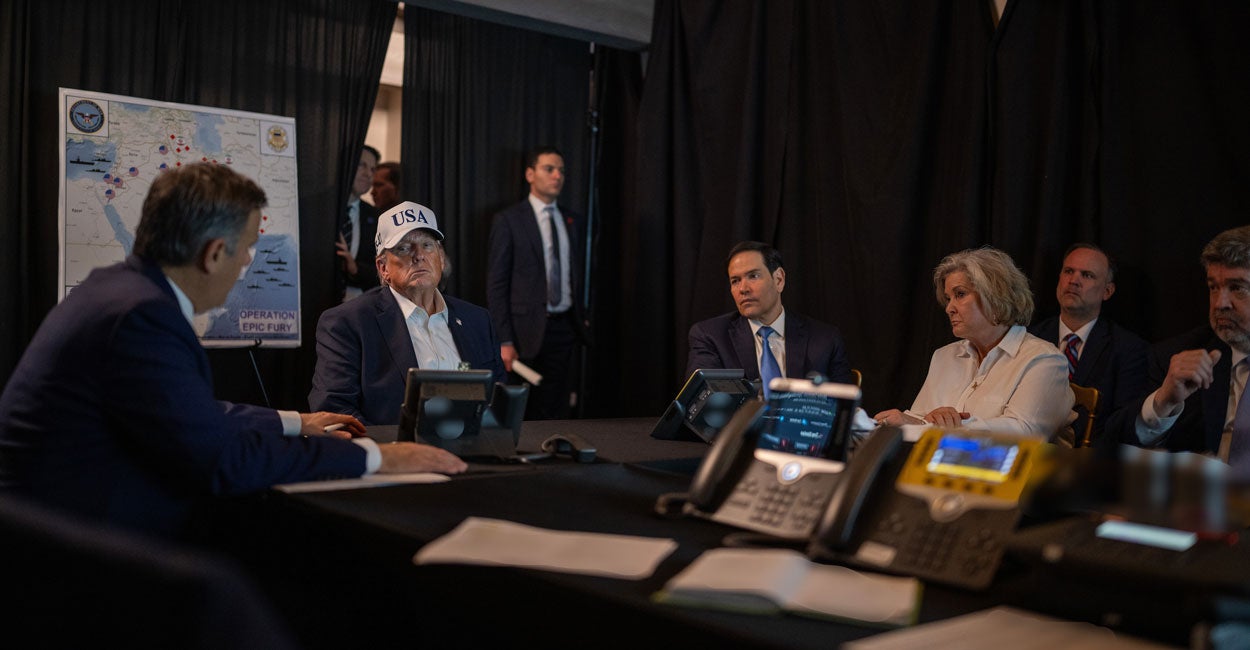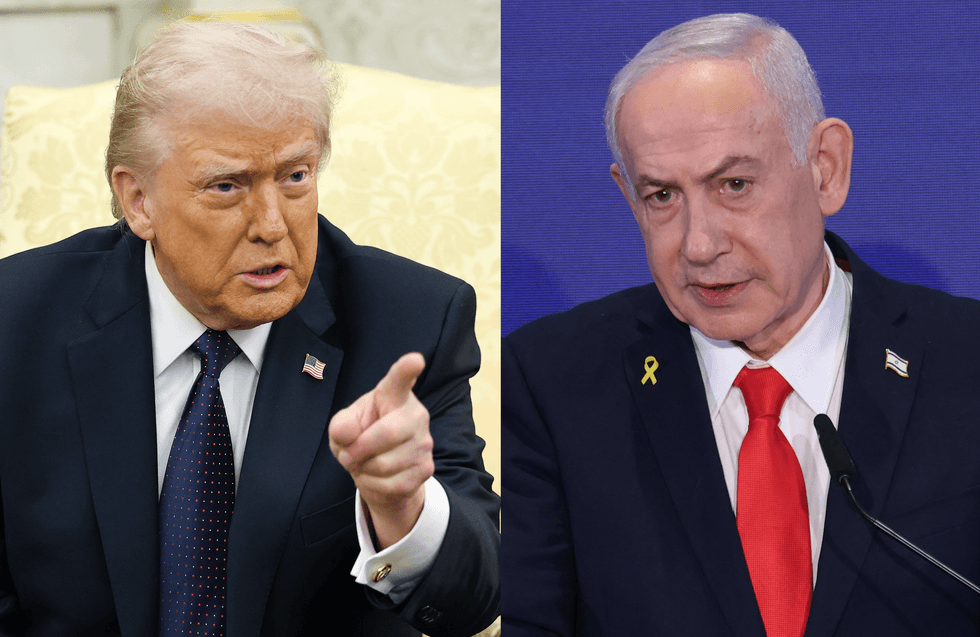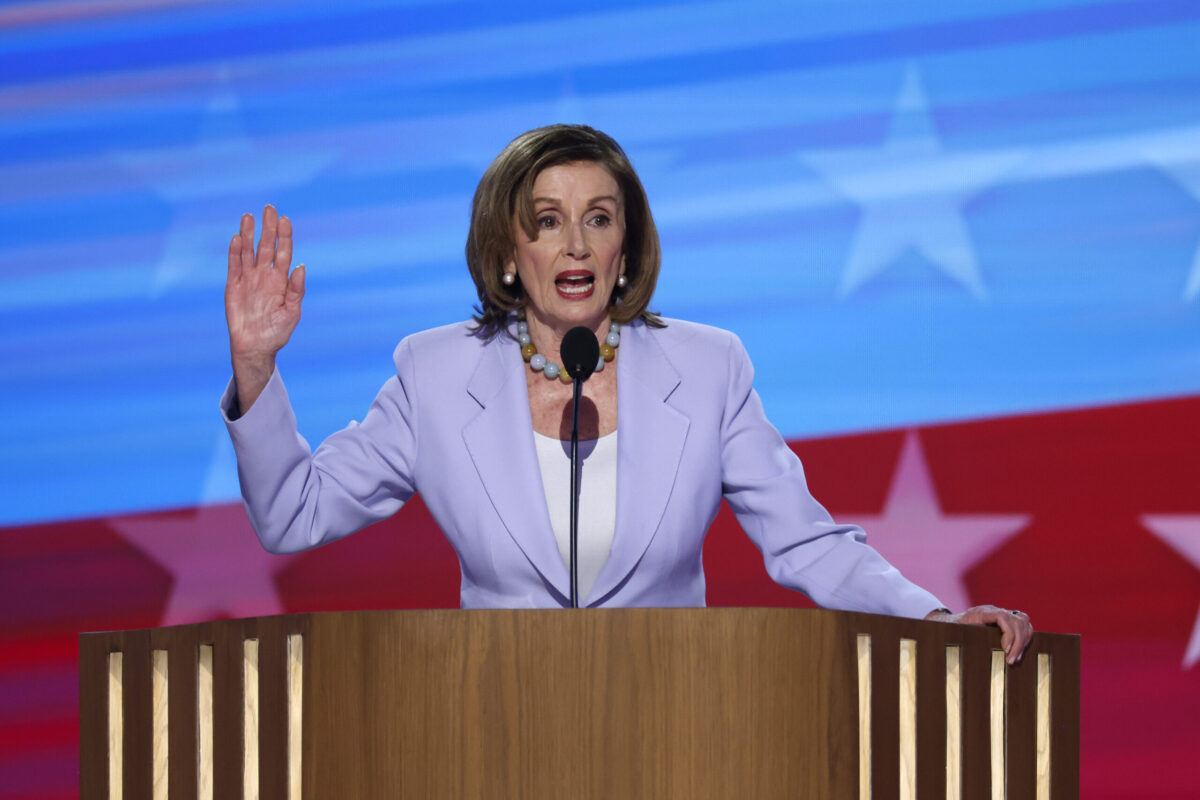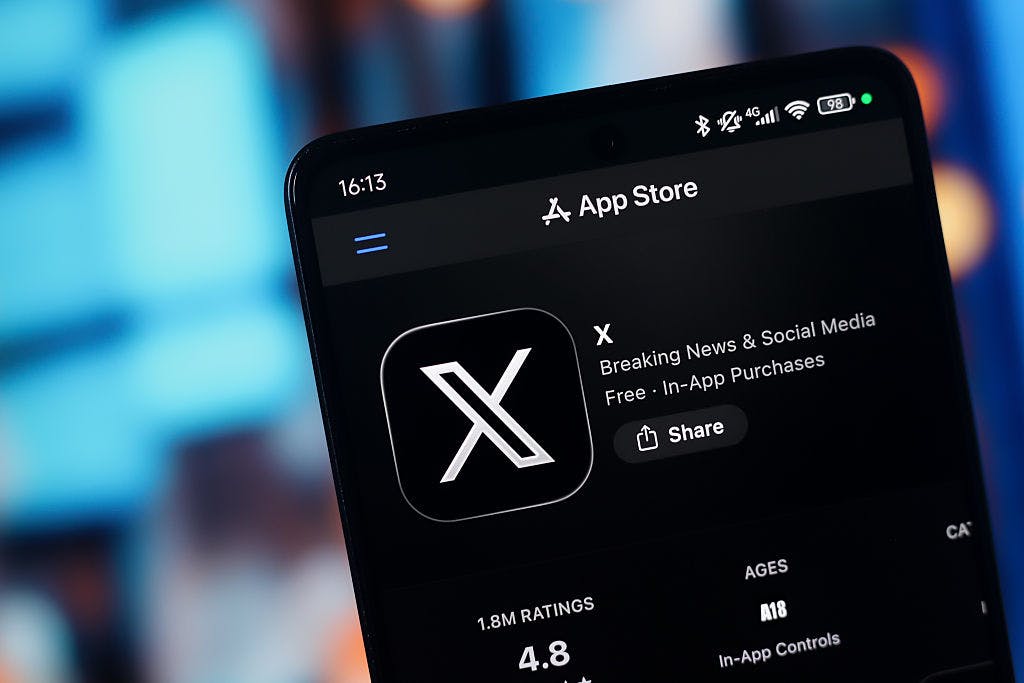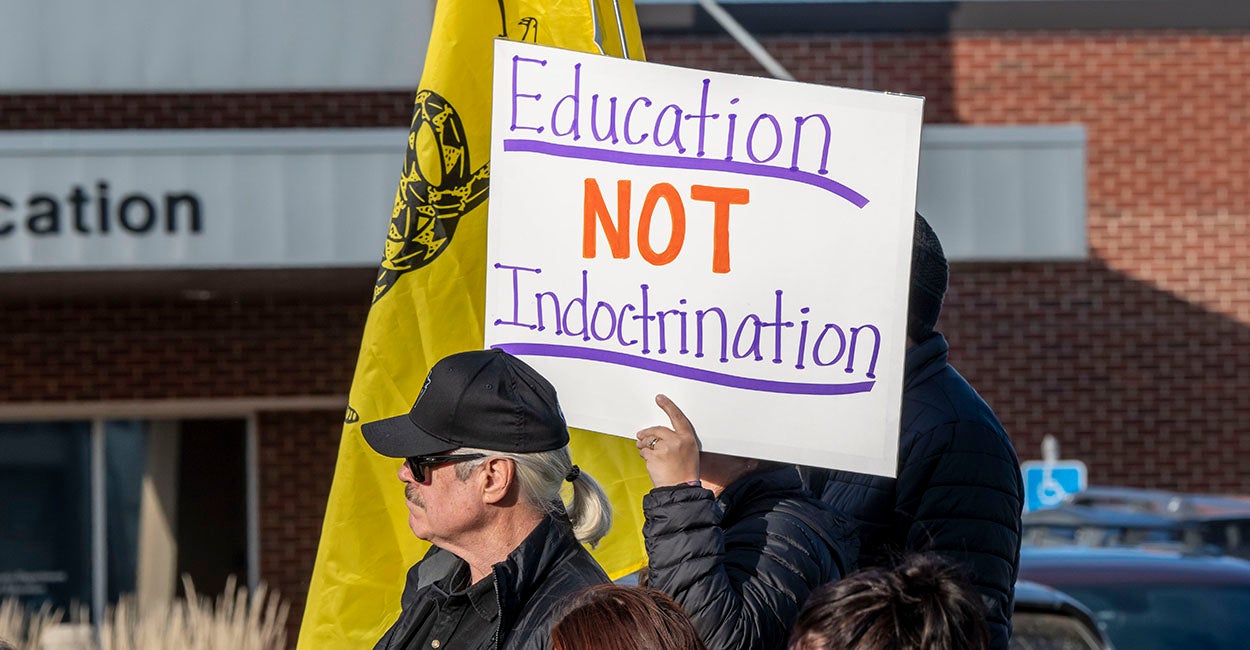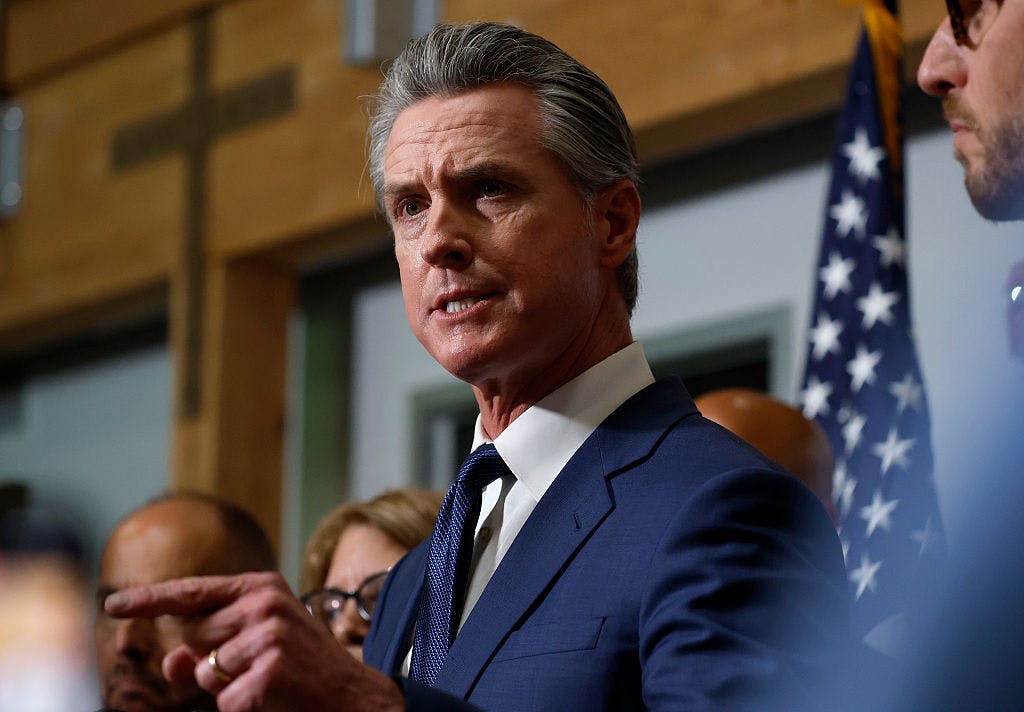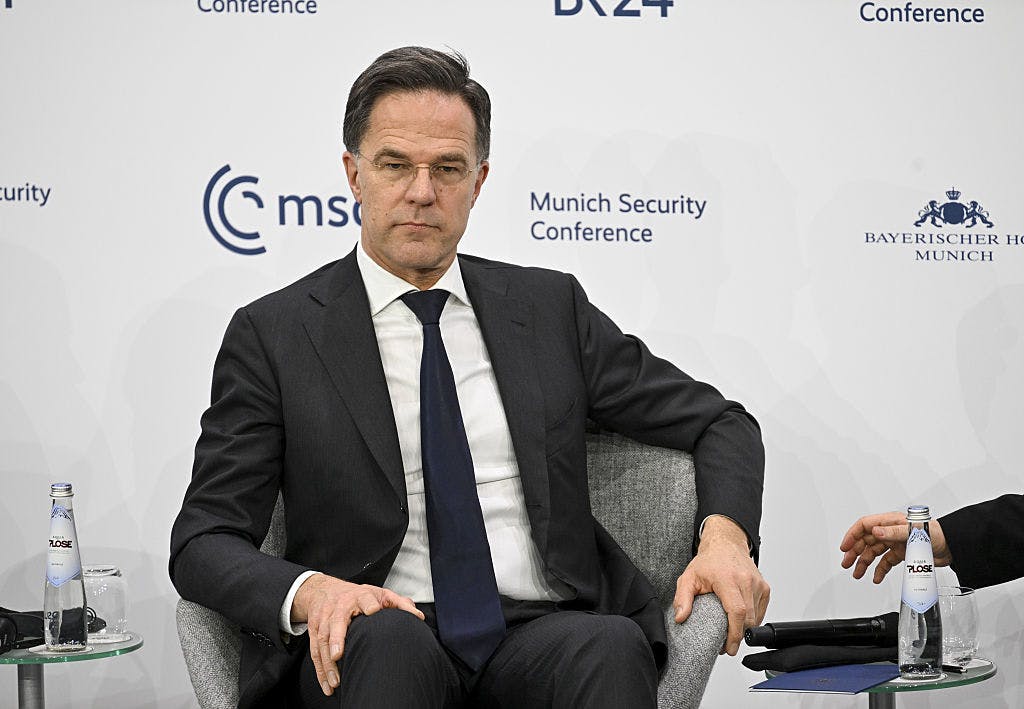Taking A Stand Against My University Took Courage — But Courage Is Contagious

Editor’s note: The following commentary is an excerpt from remarks presented before the Presidential Religious Liberty Commission on Sept. 8, 2025, with minor edits made for readability.
Live Your Best Retirement
Fun • Funds • Fitness • Freedom
* * *
I never expected that pursuing my dream to help hurting children would lead to a legal battle for our most basic freedoms.
I graduated from Southern Illinois University Edwardsville with a master’s degree in Art Therapy and Counseling in May 2022. I chose this path because God gave me a passion to fight for and preserve the innocence of children, especially those who’ve experienced deep complex trauma. Through art therapy, I’ve witnessed how expressive means can calm both body and mind and provide a mode of communication when words feel painful and impossible.
But while I was studying how to help others heal, I found myself betrayed by the very institution that was supposed to equip me for that mission.
My program was small — just 10 students—and we became very close. We would talk about being in each other’s weddings and supported each other like family.
But about a year in, something shifted. I came to Southern Illinois University thinking I was there to become a counselor. But I soon realized the university expected me to adopt and promote a specific ideology — one rooted in Marxism and critical race theory, even when it conflicted with my religious and professional beliefs.
When called on in class, I shared my perspective respectfully, asking whether these ideas served the best interests of our future clients.
Instead of respectful dialogue, my Christian and conservative beliefs were met with hostility — not only from classmates but even professors.
But I didn’t expect what came next.
The university issued three no-contact orders against me. You might wonder what a no-contact order is. I did, too. It’s essentially a restraining order, and it applied on and off campus. It meant I couldn’t talk to, sit near, or even be in the same coffee shop with the three classmates who had filed the complaints.
I was shocked. I asked what I’d done. The university said I hadn’t violated any policy. But without any communication or investigation, I received a threat of “disciplinary consequences” if I violated the no-contact orders. And they even copied a university police officer on each order to drive this threat home.
After this, I stopped speaking in class. I was isolated and scared — like I was in a relationship with abusers — trapped in a system that punished me for having different beliefs.
I thought back through every conversation I’d had with my classmates. I couldn’t think of anything I’d done that could be taken as offensive, let alone aggressive. I became afraid.
And with fear came a sense of powerlessness. I started having trouble sleeping. I lost my appetite. And I began to worry what might happen if my professors — who clearly disapproved of my views — decided to block me from graduating or finding a job.
I reached out to Alliance Defending Freedom, and they sent a demand letter to the university. Five days later, the university rescinded the no-contact orders. Two weeks later, it finally told me what the accusations were.
Three classmates had complained about some social media posts where I’d expressed my Christian and conservative views on current events. They claimed the mere expression of my views were “microaggression[s].”
One student said I was “threatening” because I couldn’t embrace critical race theory, which I had said failed to treat people with dignity regardless of race. She told the school I was threatening even though in the same conversation I had praised her for having a “beautiful heart” with a deep “compassion for children.”
Sadly, even after the no-contact orders were lifted, the attacks continued.
University officials refused to tell students that I hadn’t broken any policies. Instead, they e-mailed faculty, students, and alumni, implying that I had engaged in “oppressive acts” and “misconduct.”
The university held a “community meeting” where students publicly attacked my faith and accused me of being racist, oppressive, and creating a toxic learning environment.
Fellow students maligned my name in a school newspaper.
But one of the most painful moments came when a classmate and former friend created an art display titled The Crushing Weight of Microaggressions. It featured a personal text I’d sent her where I shared that, even if we might disagree on some things, I cared about her and that “[M]y personal beliefs are grounded in objective truth by the Gospel of Jesus Christ.”
I was heartbroken to see my words so misunderstood. I loved my classmates, including this girl. To this day, I wish we could have shared our diverse beliefs with mutual respect and kindness. But that was sadly not my experience.
I wasn’t punished for harming anyone; I was punished for having a different perspective, being a Christian, and asking honest questions. At a public university, which is supposed to be a marketplace of ideas, I was silenced for sharing mine.
I knew I couldn’t just walk away. I live by Dietrich Bonhoeffer’s quote: “Silence in the face of evil is evil. God will not hold us guiltless. Not to speak is to speak, and not to act is to act.”
I could not be silent knowing that what happened to me could happen to future students. Our freedoms are too precious not to defend.
So I filed a lawsuit.
After the university tried — and failed — to dismiss my case, it agreed to settle. It changed its policies to ensure all students, regardless of political or religious beliefs, are welcome. And it revised how no-contact orders are used so that they can’t be weaponized to punish simple differences of opinion.
But what weighs on my heart to this day: I should never have had to sue. Public universities have a duty to protect open dialogue, not punish it. They should welcome differences, not erase them. And no student should be shamed or silenced for their faith.
Looking back, I can see how what was meant to break me — God used to shape me.
Through the fear and betrayal, He gave me the courage to speak, even when my voice shook. He taught me to love even those who misunderstood or maligned me.
I’m so grateful to President Donald Trump and the Religious Liberty Commission for their bold work to protect our First Amendment freedoms — freedoms that belong to all of us regardless of faith, race, or creed.
The truth is: Freedom is fragile. Silence is costly. But courage is contagious.
* * *
Maggie DeJong obtained her master’s degree in Art Therapy and Counseling from Southern Illinois University Edwardsville.
The views expressed in this piece are those of the author and do not necessarily represent those of The Daily Wire.
Originally Published at Daily Wire, Daily Signal, or The Blaze
What's Your Reaction?
 Like
0
Like
0
 Dislike
0
Dislike
0
 Love
0
Love
0
 Funny
0
Funny
0
 Angry
0
Angry
0
 Sad
0
Sad
0
 Wow
0
Wow
0
